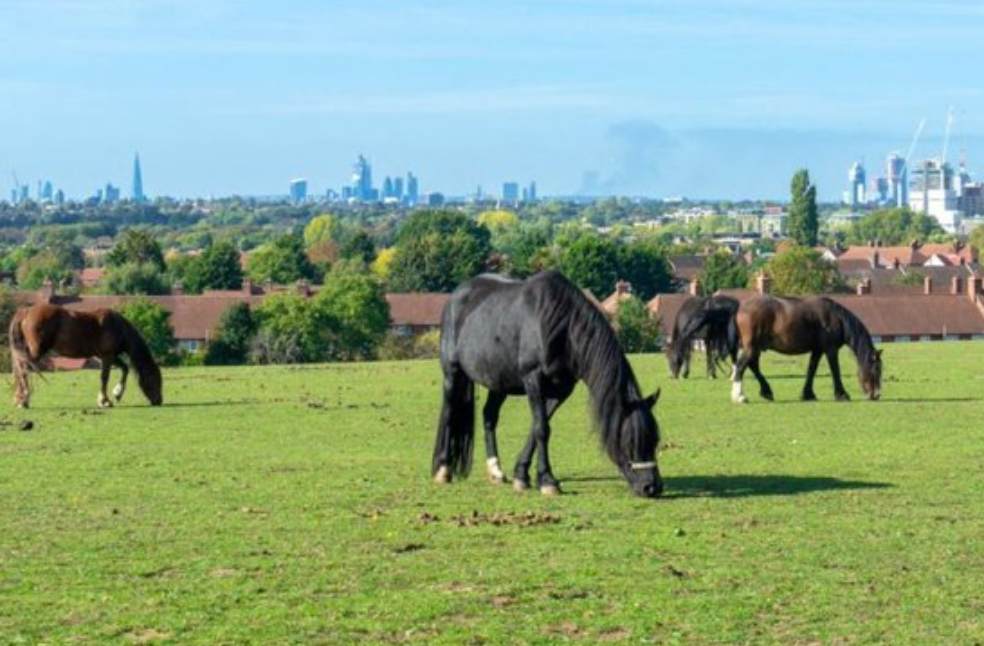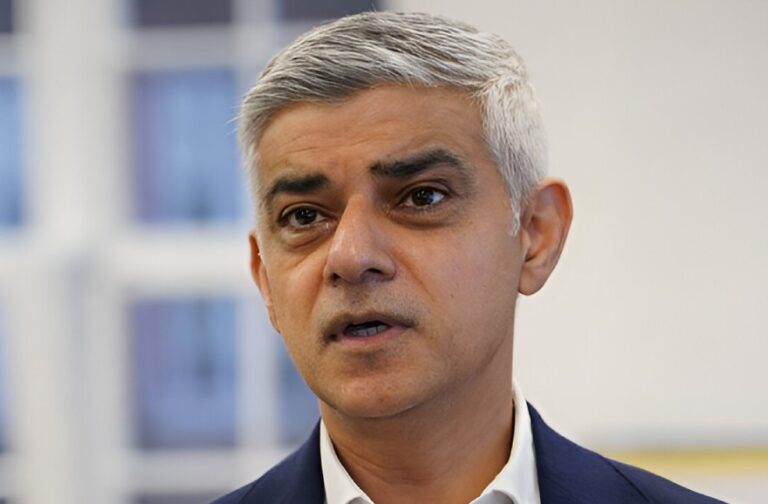London: London Mayor Sadiq Khan is set to unveil a bold shift in housing policy by supporting development on parts of the capital’s green belt, as he warns of the most profound housing crisis in the capital’s history.
In a keynote speech, Khan is expected to argue that building on carefully selected low-quality or inaccessible green belt land, particularly sites near transport hubs could unlock hundreds of thousands of affordable homes for Londoners. The move marks the first time City Hall has supported a strategic review of the green belt for housing purposes.
Sadiq Khan stated that, “The status quo is wrong, out-of-date, and simply unsustainable. Development on carefully chosen parts of the green belt done in the right way would allow us to unlock hundreds of thousands of good-quality new homes for Londoners.”
City Hall is currently planning for around one million new homes to be built in London over the next decade. With the city delivering just 35,000 homes annually, well below the 88,000 homes Khan says are needed each year, he warned that continuing to rely solely on brownfield development will fall short.

The proposals will be part of a wider public consultation on the next London Plan, which will outline the city’s development blueprint for the next 20 to 25 years. A city-wide review of the green belt is already underway, in line with government guidance, to assess how best to meet housing demand.
Despite the potentially controversial nature of the policy, Khan defended the approach, saying it aligns with his environmental priorities.
The announcement has drawn support from across the political and housing sectors. Deputy Prime Minister and Housing Secretary Angela Rayner described the plan as bold and praised Khan for rising to the challenge of tackling the housing crisis.
London Councils and Generation Rent have also welcomed the initiative. Ben Twomey, Generation Rent’s chief executive, said the move could help protect renters from the eye-watering cost of renting that is driving many into poverty.
However, environmental groups have raised concerns. The Countryside Charity CPRE warned against building on parks, playing fields, and farmland, urging instead for a transformation of the housing market and stricter targets for affordable homes.
Kate Ashbrook of the Open Spaces Society and Shaun Spiers from Green Alliance stressed the need for new developments to include quality green spaces, noting that some low-grade green belt areas could be converted into more valuable natural assets.
Khan acknowledged the controversy but urged Londoners to keep an open mind. Khan remarked that, “We have young professionals stuck in childhood bedrooms, families priced out of the capital, and schools closing because young people can’t afford to stay. It breaks my heart. We simply cannot let it continue.”



